
Wild Lettuce Sap: Benefits and Uses
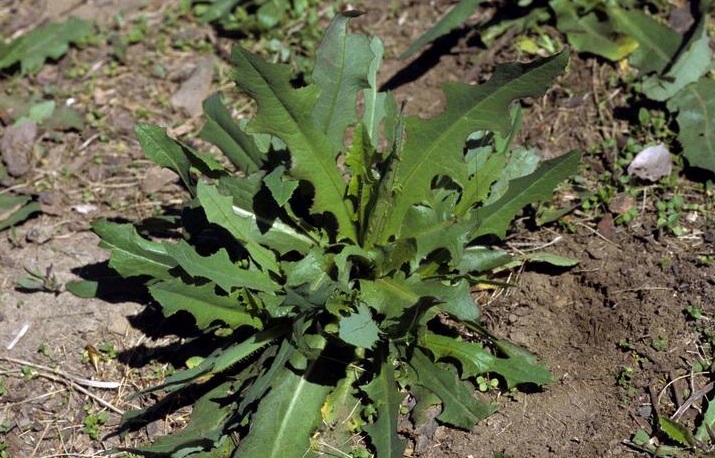
Wild lettuce (Lactuca virosa), also referred to as opium lettuce, is a medicinal plant that has been utilized for centuries due to its various natural health benefits. It is most known for its ability to provide pain relief, promote relaxation, and improve sleep quality. The plant’s most potent part is the milky sap, known as lactucarium, which is used for its mild sedative and analgesic properties. Below, we explore the benefits, uses, and precautions associated with wild lettuce sap in more detail.
1. Natural Pain Relief (Mild Analgesic)
✔ The milky sap of wild lettuce contains compounds like lactucin and lactucopicrin, which are known for their pain-relieving effects.
✔ It works by mildly suppressing pain signals within the nervous system, offering a natural alternative to opiates, but without the risk of addiction or the harsh side effects.
✔ It has traditionally been used to relieve headaches, muscle pain, joint pain, and nerve discomfort.
How to Use:
-
Tea or Tincture: Steep dried wild lettuce leaves and sap in hot water or alcohol for a calming effect.
-
Topical Application: Combine the sap with a carrier oil and gently massage it into sore areas for relief.
2. Supports Relaxation and Reduces Anxiety
✔ Wild lettuce has been used as a natural anxiolytic (anti-anxiety herb) to promote relaxation and ease stress.
✔ The lactucarium compounds help calm the nervous system, which can reduce symptoms of mild anxiety, stress, and nervous tension.
How to Use:
-
Drink wild lettuce tea before bedtime to support relaxation.
-
Tincture: A small dose of the sap extracted in alcohol can also have a calming effect, helping to alleviate nervous tension and anxiety.
3. Improves Sleep and Fights Insomnia
✔ Wild lettuce sap has gentle sedative properties, making it an ideal remedy for those suffering from insomnia or restless sleep.
✔ It is beneficial for individuals who struggle to fall asleep or stay asleep without causing grogginess the next morning.
How to Use:
-
Take wild lettuce extract or tea 30-60 minutes before bedtime for optimal sleep support.
-
Combine with other relaxing herbs like chamomile or valerian root for even more effective sleep support.
4. May Help with Cough and Respiratory Health
✔ In traditional medicine, wild lettuce sap has been used as a natural cough suppressant.
✔ It is also believed to help reduce irritation in the respiratory tract, which can be useful for conditions like bronchitis and dry coughs.
How to Use:
-
Wild Lettuce Tea: Drinking it helps soothe a persistent cough.
-
Tincture: Add a few drops of wild lettuce tincture to warm water with honey for extra relief.
5. Potential Migraine and Headache Relief
✔ Many herbalists recommend wild lettuce sap for treating tension headaches and migraines.
✔ Its mild pain-relieving and relaxing properties may help decrease the frequency and intensity of headaches.
How to Use:
-
Wild Lettuce Tea: Sip it when you feel a headache starting.
-
Topical Application: Apply a small amount of wild lettuce tincture to your temples and gently massage it in for soothing relief.
6. Supports Digestive Health
✔ The bitter compounds in wild lettuce sap may help stimulate bile production, which is beneficial for digestion.
✔ It has been used in various cultures to relieve symptoms of indigestion, bloating, and stomach cramps.
How to Use:
-
Drink a weak infusion of wild lettuce tea before meals to aid digestion and reduce bloating.
7. Natural Aid for Restless Legs Syndrome (RLS)
✔ The calming effects of wild lettuce sap may help reduce muscle twitching, restlessness, and leg cramps associated with Restless Legs Syndrome (RLS).
How to Use:
-
Drink wild lettuce tea in the evening to help relax the muscles before bedtime.
-
Topical application: Apply wild lettuce oil to your legs before bed to help ease muscle tension and restlessness.
How to Harvest and Use Wild Lettuce Sap
Harvesting the Sap:
-
Identify the Plant: Wild lettuce grows in North America and Europe. It has spiky, serrated leaves and produces a milky sap when the stem or leaves are cut.
-
Collecting Sap: Make small cuts along the stem and leaves to release the sap.
-
Drying the Sap: The sap thickens and dries into a brownish resin, which can then be stored and later dissolved in alcohol, tea, or oil.
Methods of Consumption:
✔ Tea: Steep dried leaves in hot water for 10-15 minutes for a mild sedative effect.
✔ Tincture: Soak dried sap in alcohol (vodka or brandy) for 2-4 weeks, then strain to make a concentrated tincture.
✔ Capsules: Some herbal stores sell wild lettuce extract in pill form for easy consumption.
✔ Topical Application: Mix the sap with a carrier oil, and apply it directly to painful or tense areas.
Precautions and Side Effects
⚠ Use in Moderation – Wild lettuce is potent, and consuming high doses can cause dizziness, nausea, or drowsiness.
⚠ Not for Pregnant or Breastfeeding Women – Due to its sedative properties, it is not recommended during pregnancy or breastfeeding.
⚠ May Interact with Medications – Avoid using wild lettuce if you are currently taking sedatives, painkillers, or blood pressure medications.
⚠ Allergic Reactions – Some individuals may experience skin irritation or digestive upset when using wild lettuce. Always consult a healthcare provider before using it, especially if you are on any medication.
Conclusion
Wild lettuce sap is a powerful natural remedy that has been used for centuries to support pain relief, relaxation, sleep, digestion, and respiratory health. Though its benefits are numerous, it should be used responsibly and in moderation. Always consult with a healthcare professional before adding it to your wellness routine, especially if you are taking medications or have specific health concerns.
News in the same category


Don't Throw Old Tomatoes in the Trash.Turn them into flavorful tomato powder.

Onion, Garlic, and Olive Oil Remedy for Varicose Veins: Natural Treatment and Benefits

7 Surprising Benefits of Euphorbia Hirta

How to Regrow Food in Water: 10 Foods that Regrow Without Dirt
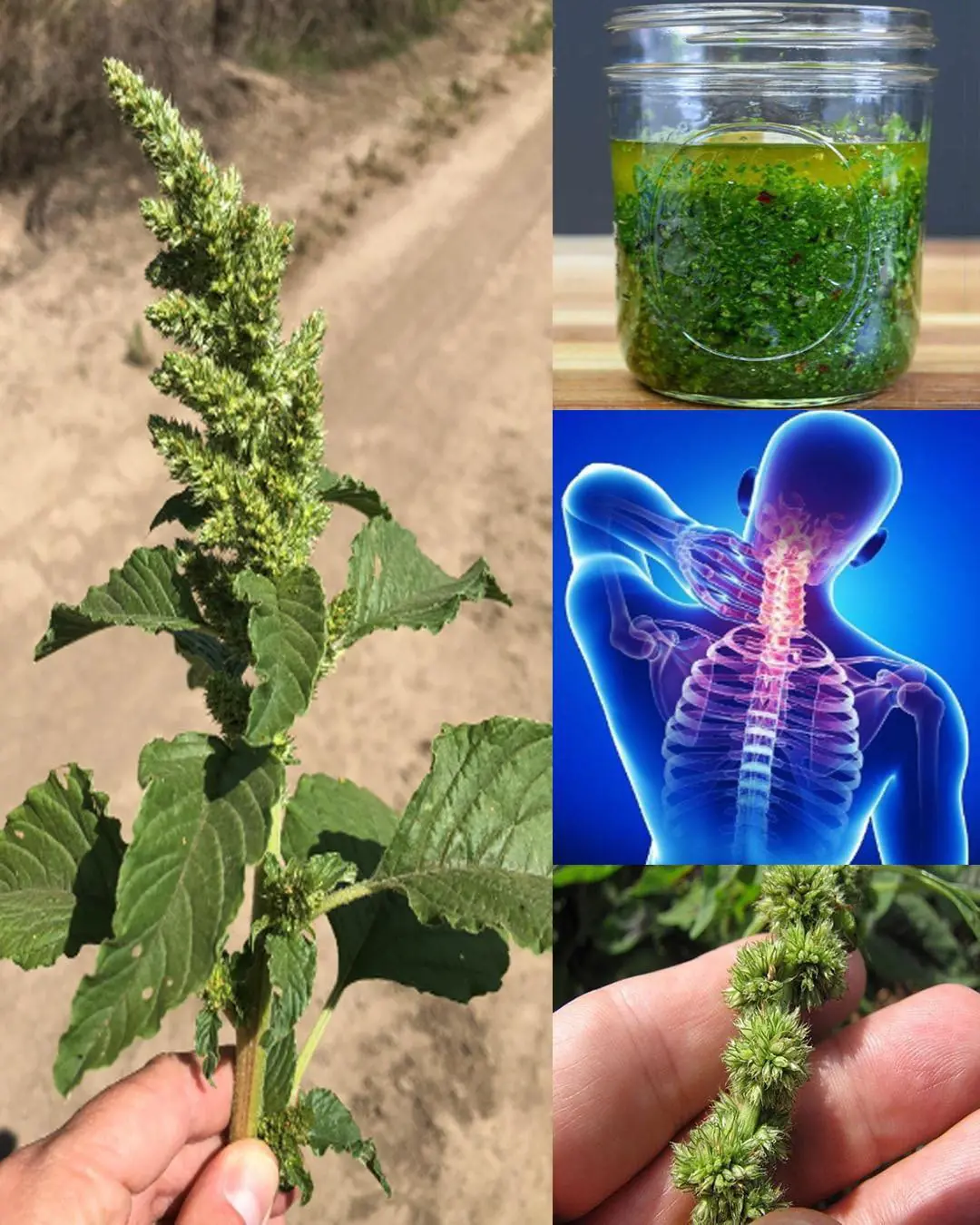
10 benefits of pigweed

Prevention Is Better Than Cure: The Power of Unripe Pawpaw Against Cancer

🌿 The Secret Lemon-Nopal Drink That’ll Transform Your Wellness Routine

Easy Clove Growing: Seed to Spice

Everyone loves papaya, but most people don't realize how important its sap is... 💬👀👇

Chewing Cloves Daily: The Tiny Habit with Big-Time Health Power

Remove Blackheads On Your Nose With Just a Mixture of Vaseline and This Cheap, Easy-to-find Ingredient

9 Powerful Ways to Use Vaseline for Beautiful Skin

Purple Maguey Drink: Incredible Health Benefits, Uses, and How to Enjoy It

Is Oregano Good for Vision? Benefits, Uses, and Precautions
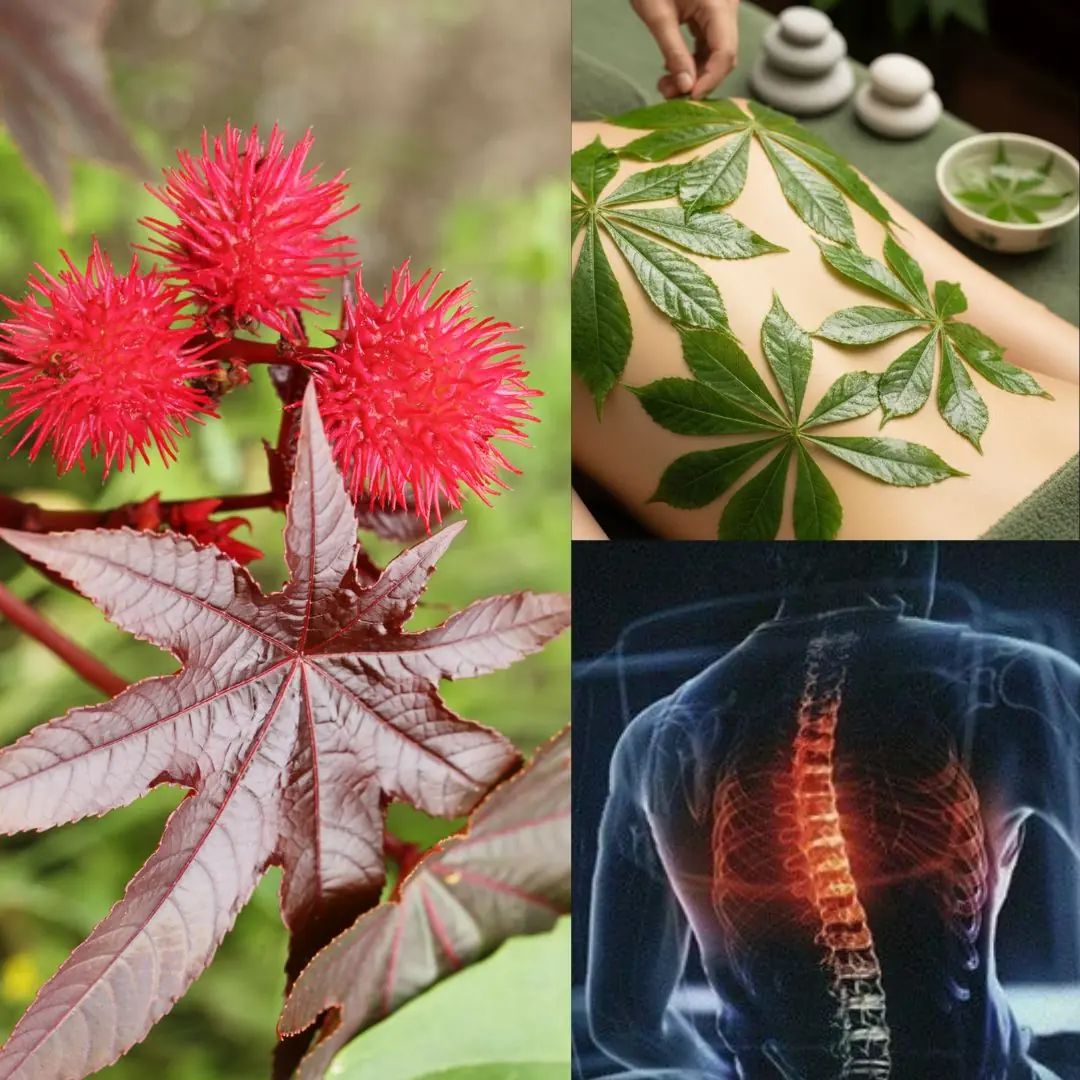
The Power of Castor Leaves: Nature’s Hidden Gift

Papaya Seeds for Gut Health: The Simple Secret Inside Your Fruit
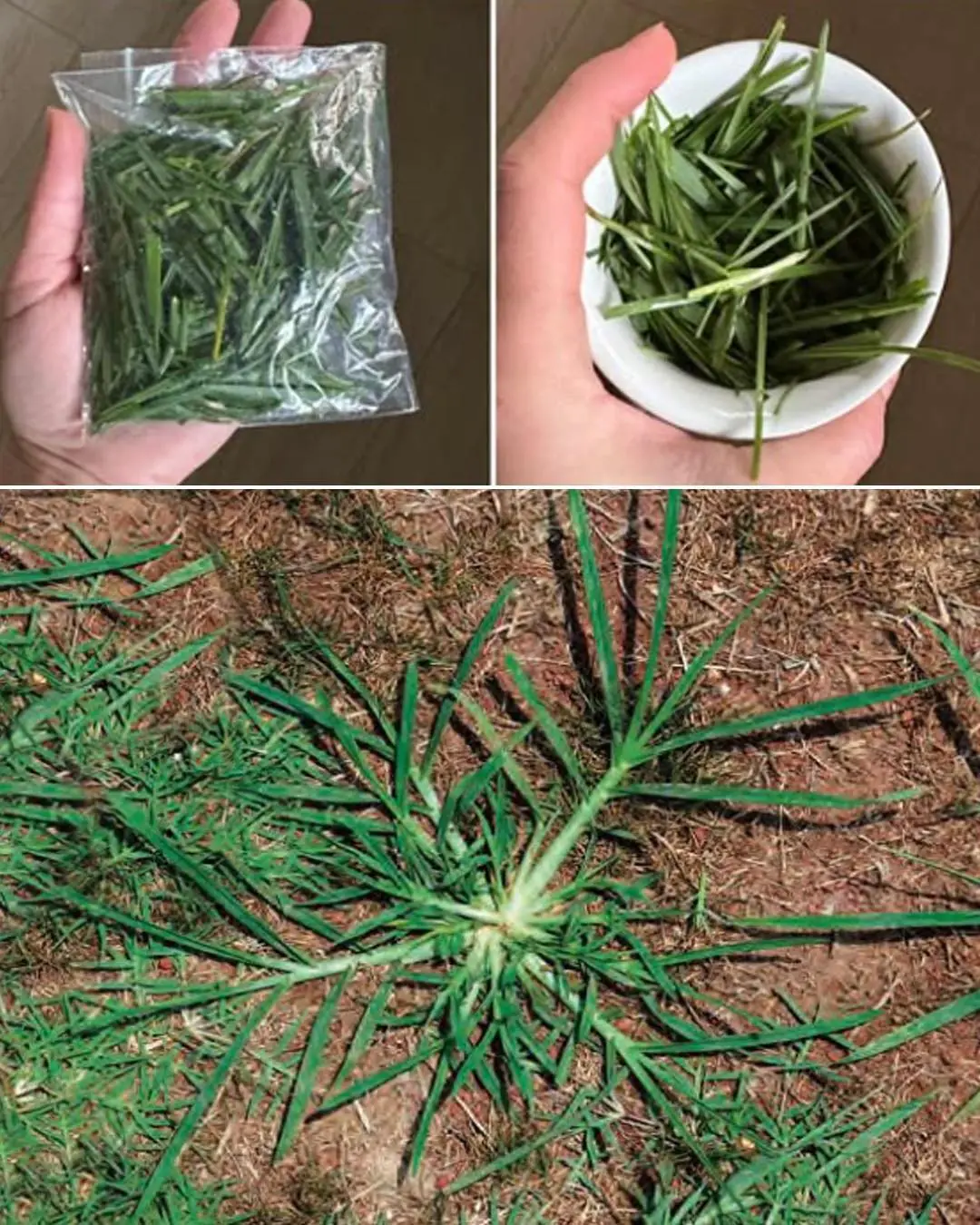
24 Incredible Health Benefits of Goosegrass
News Post

The Man Who Remembers Hunger: Why One Act of Kindness Matters.

The Little Elephant Who Was Born Different: A Pink Calf in the Wild

When Love Has No Address: A Man and His Dogs

A Boy, a Soldier, and an Umbrella: A Timeless Gesture of Respect

Purslane: The Superfood That Tastes Better Than Meat – 7 Reasons to Grow It in Your Garden

Don't Throw Old Tomatoes in the Trash.Turn them into flavorful tomato powder.
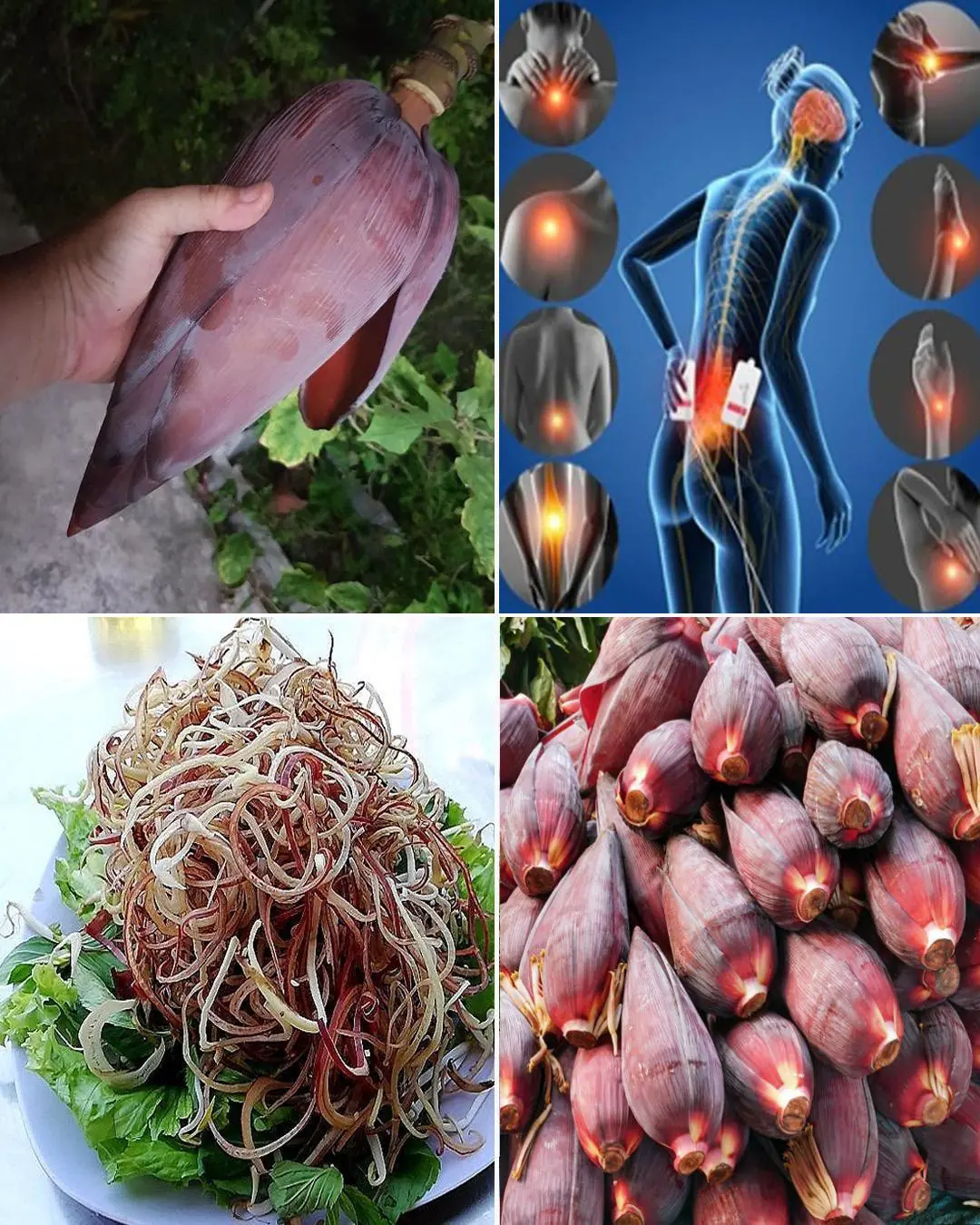
Banana Blossom: Health Benefits, Recipes, and Uses

Onion, Garlic, and Olive Oil Remedy for Varicose Veins: Natural Treatment and Benefits

The Photo of the Year: A Glimpse of Courage the World Must Not Forget

7 Surprising Benefits of Euphorbia Hirta

How to Regrow Food in Water: 10 Foods that Regrow Without Dirt

Firefighters Save Trapped Fawn from Storm Drain, Reuniting It with Nature

10 benefits of pigweed

When “Just a Dog” Becomes the Difference Between Life and Death

Teddy’s Hug: A Rescue Story of Unbreakable Love

Benny’s Redemption: A Journey from Loneliness to Love

Man has stroke after bathing right after meal: 3 mistakes you shouldn’t make

Redemption in Yarn and Paws: How a Cat Gave My Brother Back His Life
